
Recommendation
The dollar is dead; long live the dollar. That’s the message from this insightful look at the greenback’s future as the world’s reserve currency. Edited by Eric Helleiner and Jonathan Kirshner and including essays by half a dozen other academics, this overview plays out as a polite debate among professors. They offer useful historical and economic perspectives that will help readers understand the forces that make one currency a winner and another a loser. With a variety of contributors, however, the study suffers from a good deal of repetition of background material from one essay to the next, and an unevenness in writing styles that veer from clear to cloudy. While the book promises a spirited debate between “dollar optimists” and “dollar pessimists,” a close reading reveals that most of the contributors tend to fall into both camps simultaneously. getAbstract recommends this book to readers seeking an erudite review of the US dollar’s past, present and future in world currency markets.
Summary
About the Authors
Eric Helleiner is a professor of political science at the University of Waterloo, Ontario. Jonathan Kirshner is a professor of government at Cornell University.







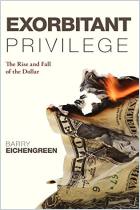
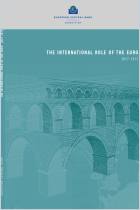
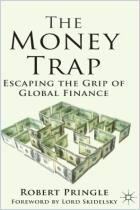
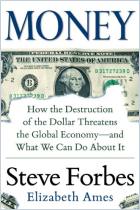
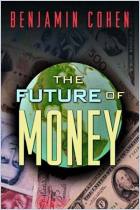
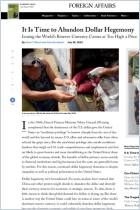



Comment on this summary or Start Discussion